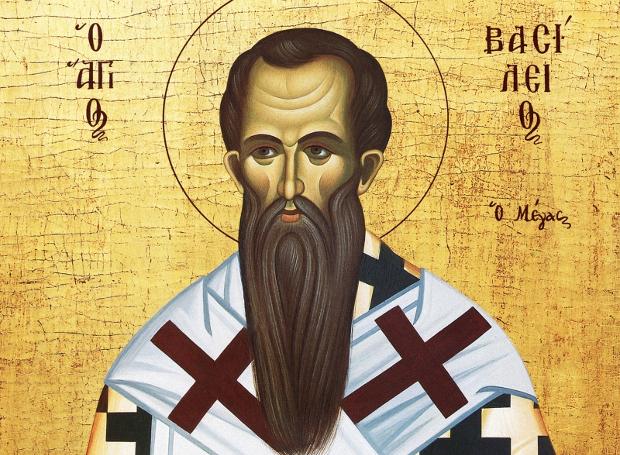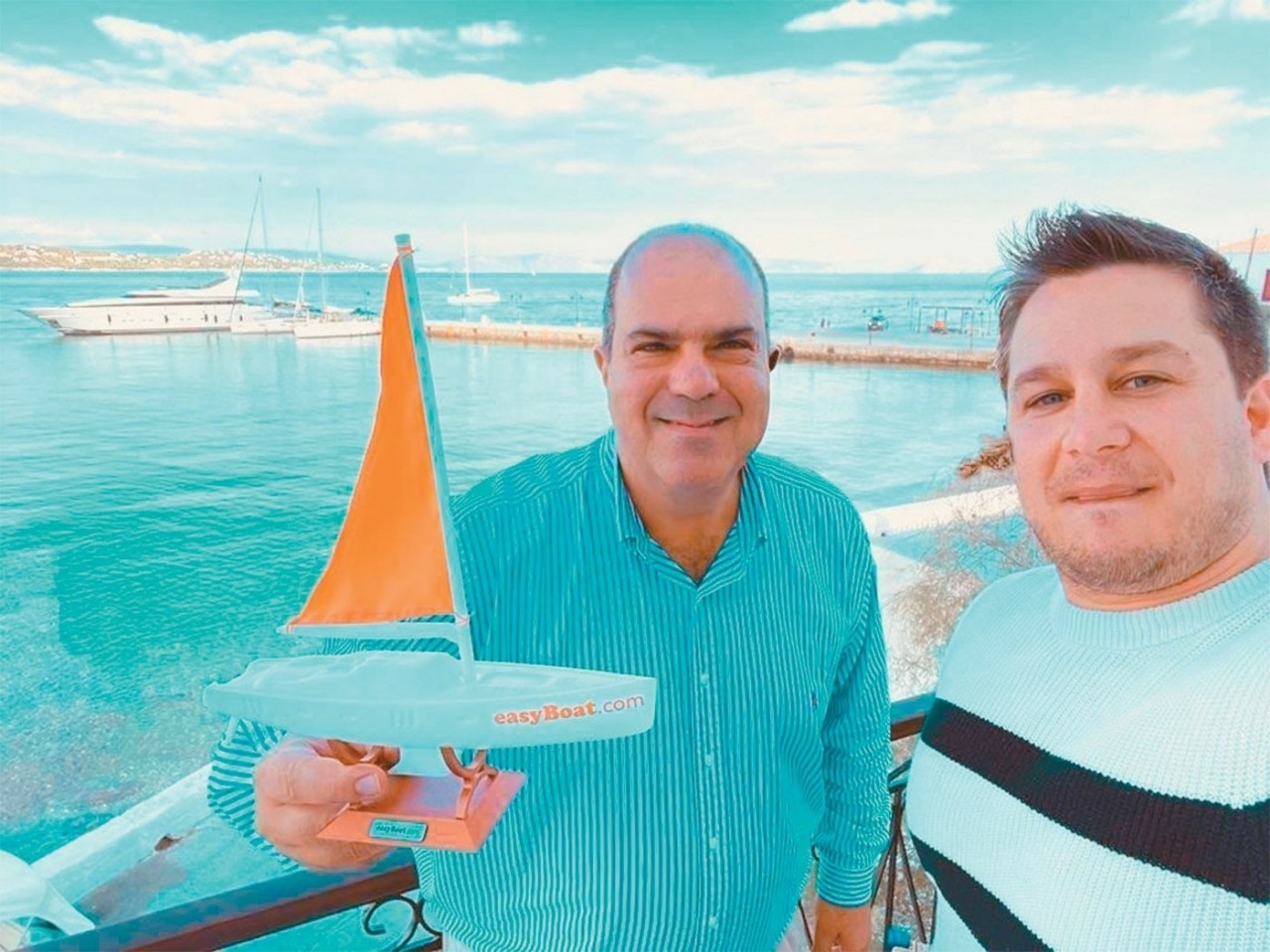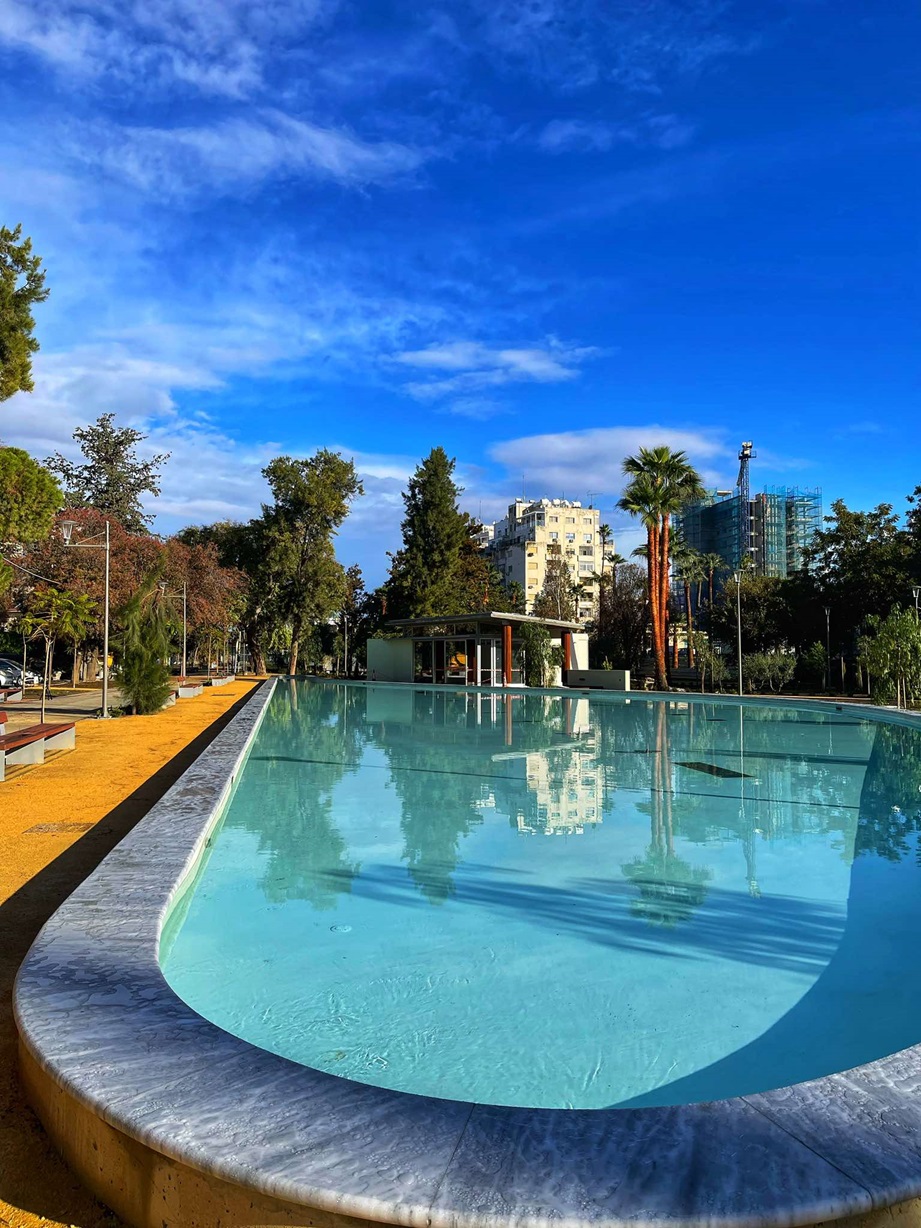St. Basil of Caesarea, also known as St. Basil the Great or Agios Vasilios, is one of the most important New Year’s figures in all of Greece. He was born in Pontus in 330, into
a wealthy family of ten children. His maternal grandfather was executed in during the years of Christian persecution.
This means that Agios Vasilios had a long history in his family of Christianity. Despite that, however, he didn’t fully embrace his Christian legacy until later on.
Life of Agios Vasilios
Basil eventually left Athens after six years and after traveling to Palestine, Egypt, Mesopotamia, and Syria to study monasticism and ascetics, he returned to Caesarea where he taught law and rhetoric. His life changedn when he encountered Eustathius of Sebaste, a renowned bishop
and ascetic. After that experience, he abandoned his legal and teaching career and turned to God. Although he started off being mentored by Eustathius of Sebaste, he eventually took a different path.
With his brother, Saint Basil founded a monastery near Annesi, which was on his family’s estate. The new members included his widowed mother, his sister Macrina, several women, and later his old friend Gregory who joined Basil and devoted himself (as did all the other members) to a life of prayer and charitable work. At the monastery, Basil went on to write extensively on monastic
communal life, and these writings served as a guide for developing monastic traditions all across the Eastern Church.
Agios Vasilios Begins to Help the Poor
In 362 A.D. Saint Basil was ordained a deacon by Bishop Meletius of Antioch, and not long after he was summoned by Eusebius to Caesarea to be ordained as presbyter of the church there. During his time in the Caesarean church, Basil fiercely combated the Arian heresy, which was
threatening to divide Cappadocia’s Christians. After extensive discussions and arguments in fraternal rhetorical meetings, a more public debate contest was arranged, where accomplished theologians and rhetors presented and supported their case.
Eventually Basil was chosen to become the Bishop of Caesarea. During this time, he really began to devote his life to those who were poor and suffering. Basil was somewhat imperious and hot-blooded, but he was also kind and generous to the poor. He gave away his family inheritance and organized a soup kitchen during a severe famine.
Agios Vasilios and New Year’s
Today, Orthodox Christians celebrate the Feast Day of Saint Basil on New Year’s Day. This is because it is said that he breathed his last in this life on January 1. However, his legacy lives on to this day. All over the world and especially in Greece, Orthodox Christians honor his memory by taking up charities and giving donations. Agios Vasilios, or Saint Basil, is also Greece’s equivalent of
Santa Claus. When families eat their New Year’s meal, they always set an extra place for him, as well. This is done not only to honor and remember him, but also as a way to encourage him to visit their homes so he could bring his yearly gifts.
Happy New Year! ZANNETOS TOFALLIS






